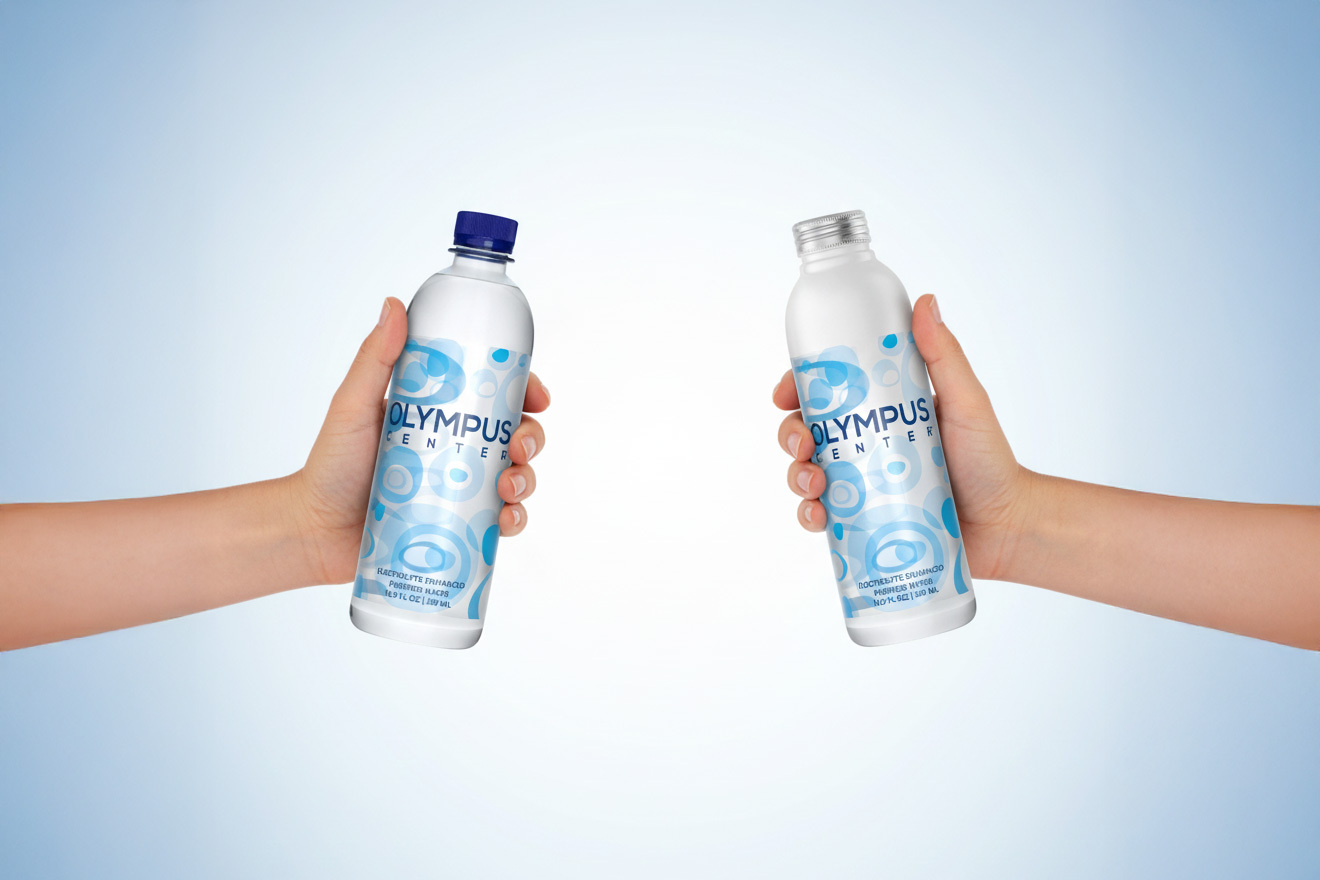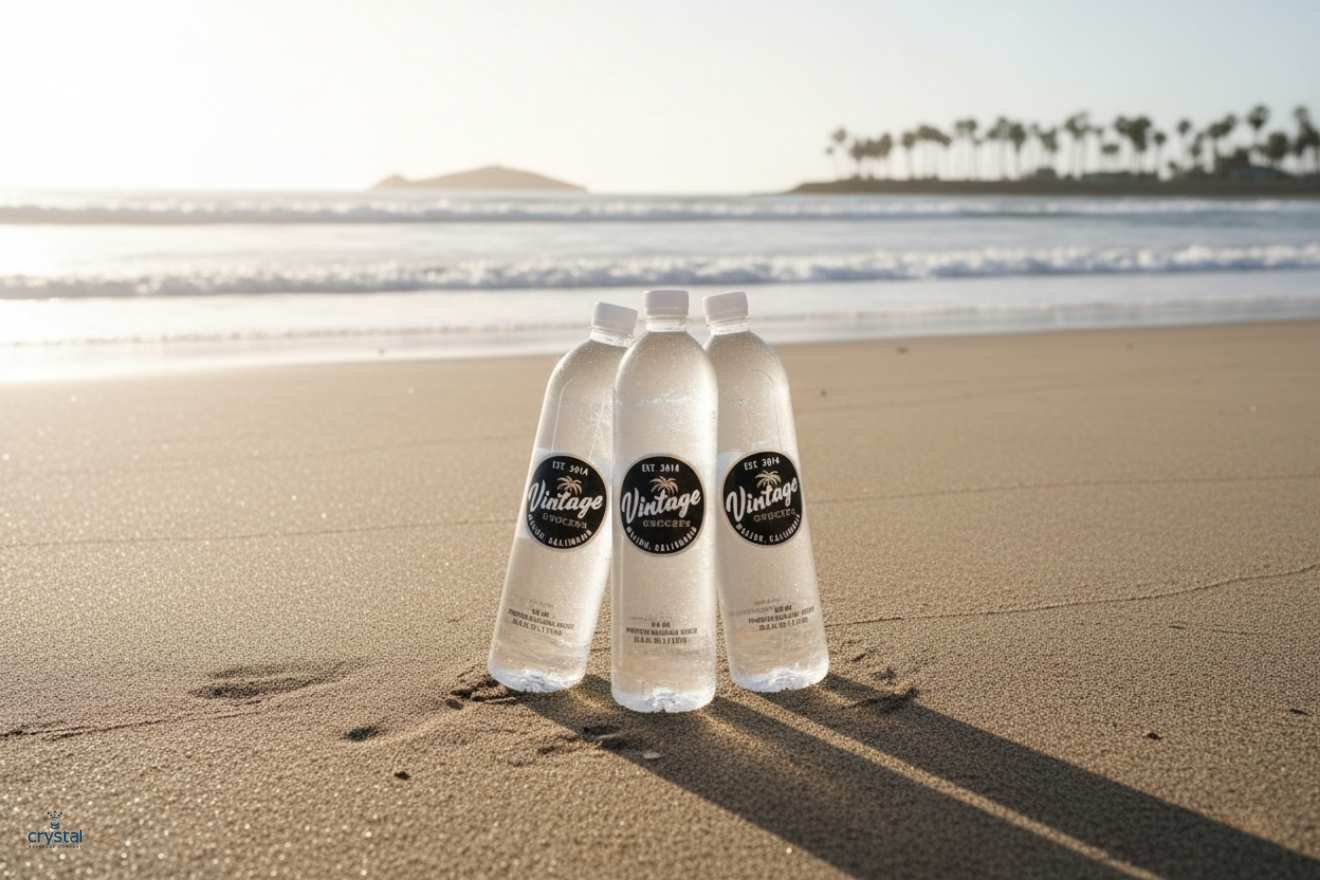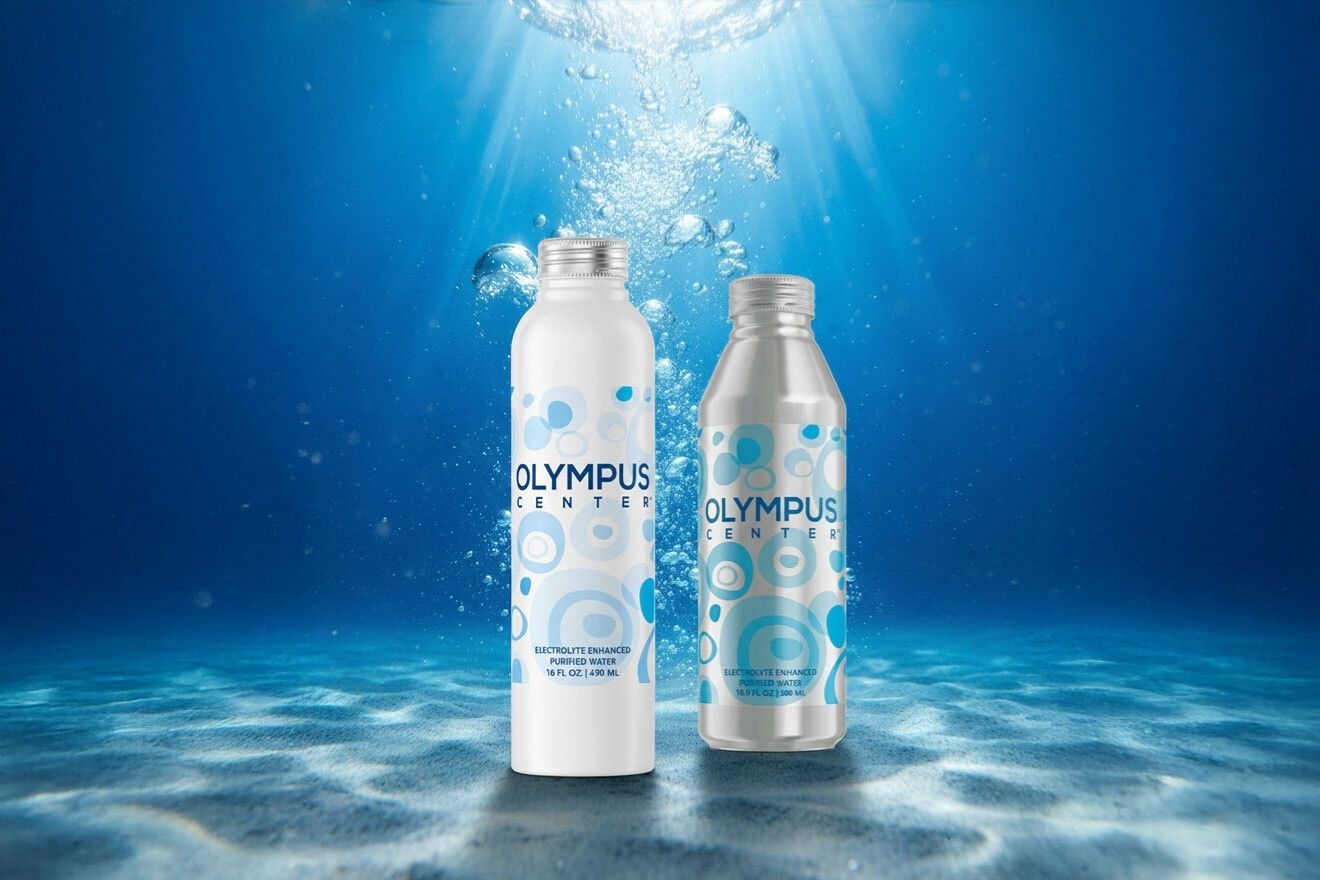9 Surprising Myths And Facts About Water


Water should be a simple matter: drink 8 glasses a day and that should be the end of your thoughts on the matter. But did you know even that popular adage about drinking 8 glasses a day is one of the biggest misconceptions about drinking water? For a task so seemingly small—but essential!—tons of water myths abound about the advantages and disadvantages of drinking water.
Here we help you separate fact from fiction by debunking the top 9 water myths floating around the internet:
1. WE NEED TO DRINK 8 GLASSES A DAY TO STAY HYDRATED
Water myth or fact? The answer: Myth
The truth of the matter is, no one knows where this “8 glasses a day” rule came from. If you’re one of those people who find drinking 8 glasses a day difficult, then we have good news! Scientists say that there’s no proven benefit from chugging water all day if you really think the amount is too much to consume.
As long as you’re not thirsty, then the amount of water you’re consuming on a daily basis is just about right for you and your body type. Generally, however, the latest Institute of Medicine recommendation says women should aim for 2L a day while men should aim for 3L.
2. DRINKING WATER FLUSHES TOXINS OUT OF YOUR BODY
Water myth or fact? The answer: Fact
Make no mistake: water doesn’t really neutralize any toxins in your body. However, it’s your kidneys who use water to get rid of the waste products floating around your bloodstream. The kidneys filter it out and the toxins are then dumped out via our urine. If you don’t hydrate properly, your kidneys don’t get the proper amount of liquid to perform their task properly.
Thus, experts say that drinking a sufficient amount of water is essential for the efficient removal of waste from your body, as dehydration means you’ll end up holding these toxins rather than expelling them.
3. DRINKING WATER KEEPS YOUR SKIN CLEAR AND MOIST
Water myth or fact? The answer: Myth
Sadly for any die-hard skincare enthusiasts, drinking copious amounts of water doesn’t actually keep your skin moist and dewy-looking. The reality is that the quantity of water you drink has no direct correlation to the quality of your skin.
In fact, unless you’re a severely dehydrated individual, then drinking tons of water won’t even prevent your skin from drying out, as the water that you drink has no way to affect the top layer of your skin. Instead, the moisture level of your skin is determined by your skincare products, the environment, and of course—genetics.
4. DRINKING WATER CAN HELP YOU LOSE WEIGHT
Water myth or fact? The answer: Fact
Drinking water CAN help you lose weight, but the more prevalent water myth seems to be that you can lose weight solely by chugging water all day. That isn’t at all true. While drinking water won’t trigger the weight loss, it certainly aids in the process. Water, if replacing the insidious liquid calories we consume on a daily basis (like coffee, soda, iced tea), can help you reduce your overall calorie intake.
Drinking water before meals also helps you feel fuller, causing you to eat less. There are even some studies that drinking ice-cold water can help boost your metabolism, as your body expends extra calories trying to cool down the water that’s flowing through your body.
5. IF YOUR PEE IS YELLOW, YOU’RE DEHYDRATED
Water myth or fact? The answer: Myth
While dark yellow urine is definitely a sign of dehydration, having light yellow urine doesn’t necessarily mean you’re not drinking enough water. Your kidneys filter out toxins and other waste products, all the while reabsorbing water from your bloodstream. Thus, it’s your kidneys that control the concentration of urine. Dehydration would make it so that your pee is a very dark, almost brown color. But generally, pee that’s clear to light yellow is no cause for alarm, as the yellow tinge is just the concentration of toxins being filtered out.
6. IF YOU’RE THIRSTY, YOU ARE ALREADY DEHYDRATED
Water myth or fact? The answer: Myth
If you’re thirsty, then that’s your body signalling you to get a drink of water. However, it doesn’t mean you’re dehydrated. Think of thirst as your body telling you that it needs more water—not that you’re not drinking enough of it. If you’re thirsty all the time, then that’s another matter altogether! A good rule of thumb is, if you end the day not at all thirsty, then you’ve drank enough water throughout the day to keep you hydrated. No need for anything more or anything less.
7. REPLACE WATER WITH A SPORTS DRINK TO WORK OUT HARDER
Water myth or fact? The answer: Myth
While the inspirational sports drink ads might convince you that you need to chug down that electric blue bottle of liquid to lift heavier, the reality is: you just need water. Water is really the only fluid you need when engaging in most athletic activities. Especially for athletes, water is essential, as it’s the most important way the body transports nutrients and energy to the appropriate parts. Not to mention, water is necessary for cooling down during exercise.
While a sports drink might taste better, they’re more expensive than water—which in some gyms, is usually free—and it’s ultimately unnecessary. Unless you’re in a highly strenuous activity, such as marathon running, then you might need a sports drink simply to offset the salt lost due to heavy sweating. If you’re just a regular joe working out at the gym, then stick to water. Your wallet and your body will thank you!
8. YOU CAN DRINK TOO MUCH WATER
Water myth or fact? The answer: Fact
This applies to people who have specific health conditions, like high blood pressure, heart conditions, and edemas or lower leg swelling. By drinking too much water, people with these conditions can put themselves in danger, as excess water in the body may lead to complications. This applies also to people who suffer from kidney problems, especially transplantees, as increasing your fluid intake without consulting with a doctor may pose problems for kidney functions.
For people with no health conditions, experts say that drinking too much water during meals may lead to digestion problems, as water dilutes the stomach acid that helps break down the food you consume.
9. A HARD WORKOUT CAN LEAD TO DEHYDRATION
Water myth or fact? The answer: Myth
Let’s set the record straight: dehydration may not mean what you think it means. Being thirsty does not equal dehydration. A person is dehydrated when they’ve lost 2 percent of their body weight. So for instance, if a 200-pound man lost a whopping 4 pounds of water—then he’d be dehydrated. If you’ve worked out intensely and find yourself gasping to get to the water fountain, then don’t be alarmed. You’re just thirsty! Unless you’re a marathon runner, a triathlete, or any other athlete that participates in exercise over a long stretch of time, then you shouldn’t have to worry about dehydration during exercise.






